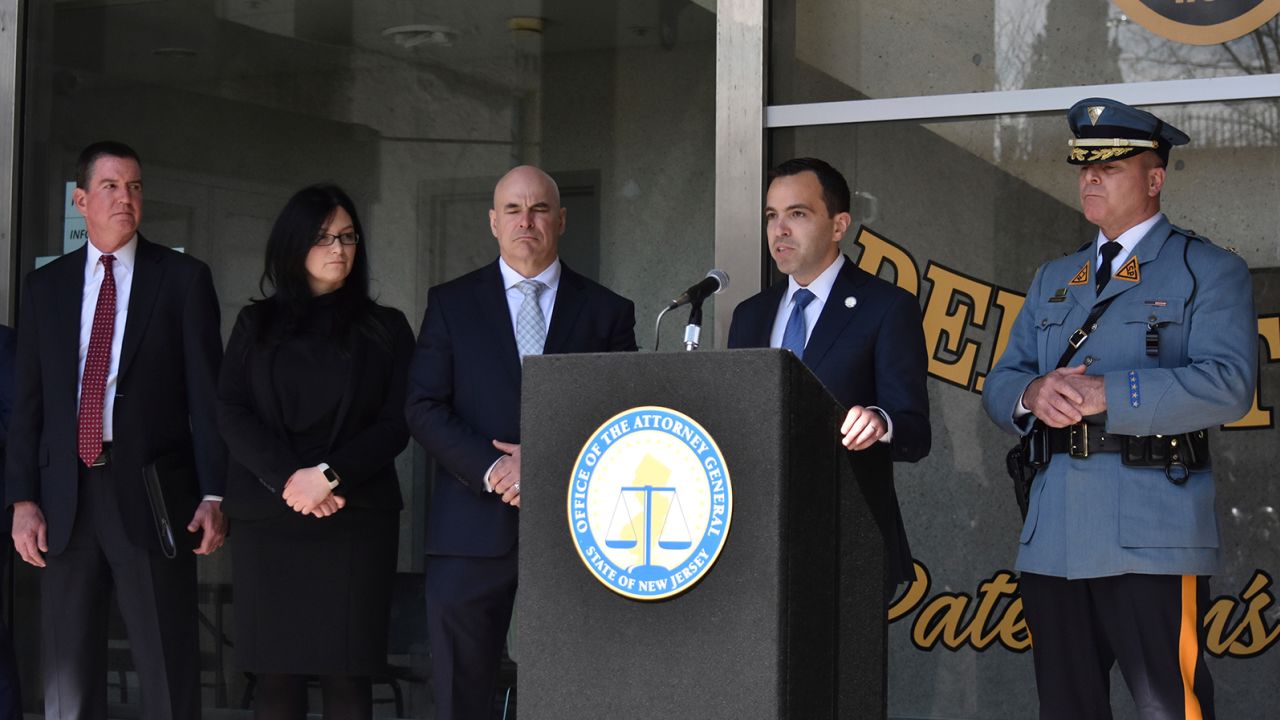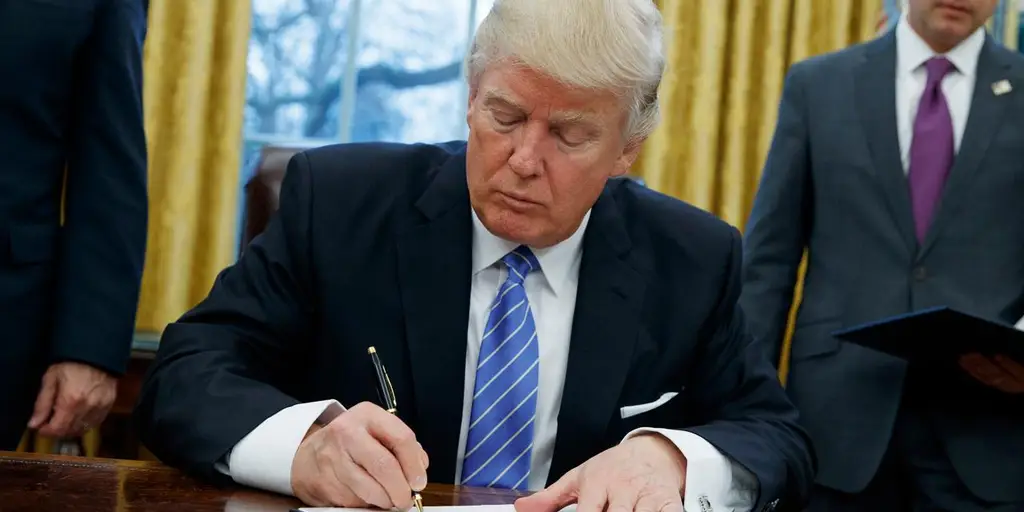The Supreme Court’s latest ruling has thrown open the doors to a potential catastrophe for millions of Americans, especially those born to undocumented parents. In a shocking 6-3 decision in Casa v. Trump, the Court has limited nationwide injunctions, empowering President Trump to move forward with an executive order that could dismantle over 100 years of established law on birthright citizenship. This ruling not only jeopardizes the rights of countless children born on U.S. soil but also sets a dangerous precedent that undermines the very principles of our democracy.
The Court"s Decision Paves the Way for Chaos
According to New Jersey Attorney General Matthew Platkin, the ruling has far-reaching implications. It effectively signals that any president can issue a lawless order under the guise of executive power. “If we allow him to dismantle the 14th Amendment with an executive order, he can do it with any other amendment,” Platkin warned. The dissent from Justice Ketanji Brown Jackson starkly encapsulates the gravity of the ruling: courts may soon be powerless to halt executive overreach.
Constitutional Rights Under Siege
U.S. District Judge John Coughenour, who has decades of experience on the bench, described Trump’s birthright citizenship order as a “blatantly unconstitutional order.” Yet, in a calculated maneuver, the Trump administration sought emergency relief from the Supreme Court, framing the issue around the legality of nationwide injunctions rather than addressing the core constitutional questions. This strategy is a blatant attempt to erode the independence of the judiciary, as highlighted by Washington State Attorney General Nick Brown.
\n\n
New Jersey Attorney General"s Office takes control of Paterson Police ...
Access to Justice Becomes a Privilege
The Supreme Court’s decision limits injunctions to specific plaintiffs, effectively restricting citizenship rights to those who can afford legal representation. Erin Barbato, director of the Immigrant Justice Clinic at the University of Wisconsin Law School, expressed grave concerns: “Bringing a class action against the government includes incredibly high standards. And they are incredibly expensive as well as time-consuming to do.” This ruling creates an insurmountable barrier for countless individuals who will now struggle to assert their citizenship rights.
States" Inaction Fuels Executive Overreach
While 22 state attorneys general actively fought against Trump’s unconstitutional order, many states chose to remain silent, opting out of the battle for immigrant rights. California Attorney General Rob Bonta suggested that these states might be “secretly very happy” coasting on the efforts of others. However, this inaction could ignite backlash from constituents who see their rights under siege. Bonta noted that if birthright citizenship can be compromised so easily, other fundamental rights are also at risk.
\n\n
Trump signs three executive orders on Day One | Fox News Video
The Broader Implications for Democracy
Damon Hewitt, president of the Lawyer’s Committee for Civil Rights Under Law, articulated a crucial point: the Supreme Court’s ruling will further enable the Trump administration’s efforts to quash dissent. This trend is not merely about birthright citizenship; it extends to any law or right that the executive branch may seek to undermine. The dissent penned by Justice Jackson warns of a future where compliance with the law is dictated by the whims of the Executive—a frightening prospect for democracy.
As reported by NPR, the ruling does not address the merits of birthright citizenship itself, allowing for the status quo of confusion and uncertainty to persist. The Supreme Court’s decision is not just a legal misstep; it is a direct attack on the rights of millions and an ominous sign of what’s to come if unchecked executive power continues to proliferate.

![[Video] Federal officers deploy sting balls and flash grenades at Whipple Building](/_next/image?url=%2Fapi%2Fimage%2Fthumbnails%2Fthumbnail-1768340555229-vhfcc-thumbnail.jpg&w=3840&q=75)
![[Video] Crowd-control weapons used in Minneapolis as anti-ICE protesters attack police vehicle](/_next/image?url=%2Fapi%2Fimage%2Fthumbnails%2Fthumbnail-1768336302231-akxf7s-thumbnail.jpg&w=3840&q=75)

![[Video] Protests erupt in Minneapolis after ICE detains teenager, multiple arrests made](/_next/image?url=%2Fapi%2Fimage%2Fthumbnails%2Fthumbnail-1768331835371-z9ylqg-thumbnail.jpg&w=3840&q=75)


![[Video] Gunfire between Iraqi security forces and Sadr militias in Baghdad](/_next/image?url=%2Fapi%2Fimage%2Fthumbnails%2Fthumbnail-1768343508874-4redb-thumbnail.jpg&w=3840&q=75)
